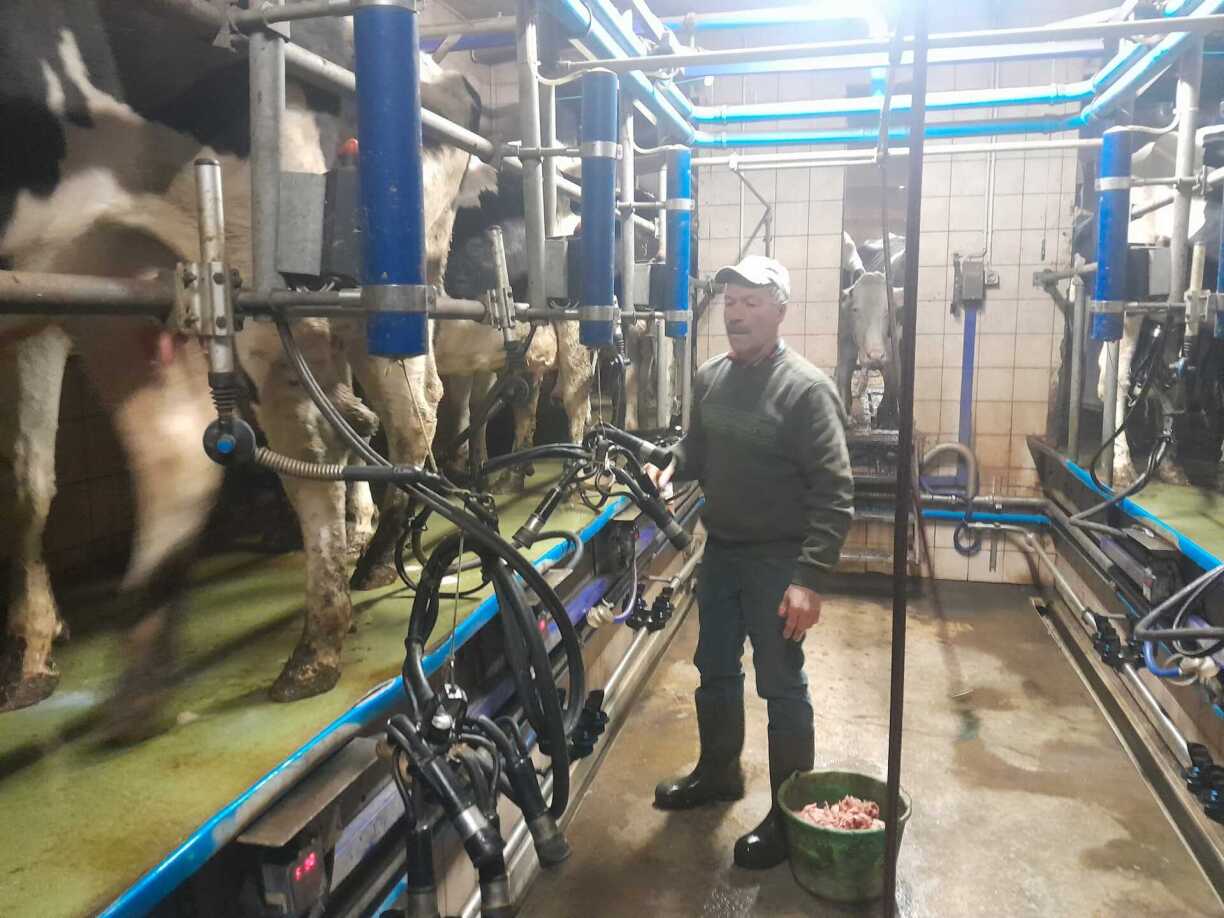
President of the Chamber of Agriculture, Guy Feyder, acknowledges that there is pressure within Luxembourg’s farming community. However, instead of resorting to protests, farmers are – for now – looking towards upcoming events like the Agriculture Conference in early March and the leadership of the new Minister of Agriculture, Martine Hansen, with high expectations.
Despite outward calm, Feyder underscores the challenges facing farmers. Plummeting prices, particularly for milk and beef, coupled with persistently high operational costs, have significantly squeezed profit margins. Feyder emphasises that while prices may have risen in some areas, they fail to offset the substantial overhead costs. Energy expenses and labour costs have soared, impacting everything from production to animal feed costs.
Luxembourg farmers echo their Belgian counterparts’ concerns about unfair competition from non-EU food producers. Feyder stresses the need for balanced regulation, expressing frustration over increasingly stringent environmental and quality standards that burden local producers without equivalent restrictions on foreign competitors.
Feyder acknowledges that consumers gravitate towards cheaper imported products over local ones, emphasising that consumer choice is not to blame. Despite a growing trend towards supporting regional products, Feyder points out the financial constraints faced by consumers when prioritising local producers.
The debate over whether companies should be permitted to expand or if livestock numbers should be regulated holds significant implications for the future of agriculture, according to Feyder. He contends that the survival of many companies hinges on their ability to acquire struggling competitors, and restricting this practice could spell disaster for the sector.
Succession is another critical issue facing agricultural businesses, notes Feyder. Many companies cease operations due to a lack of successors, with children often unwilling to carry on the family business. Feyder, himself a father of three daughters involved in the company, admits uncertainty regarding their willingness to take over in the future. Feyder states that he has yet to decide whether he would be willing to leave the business to an outsider if none of his daughters are interested.